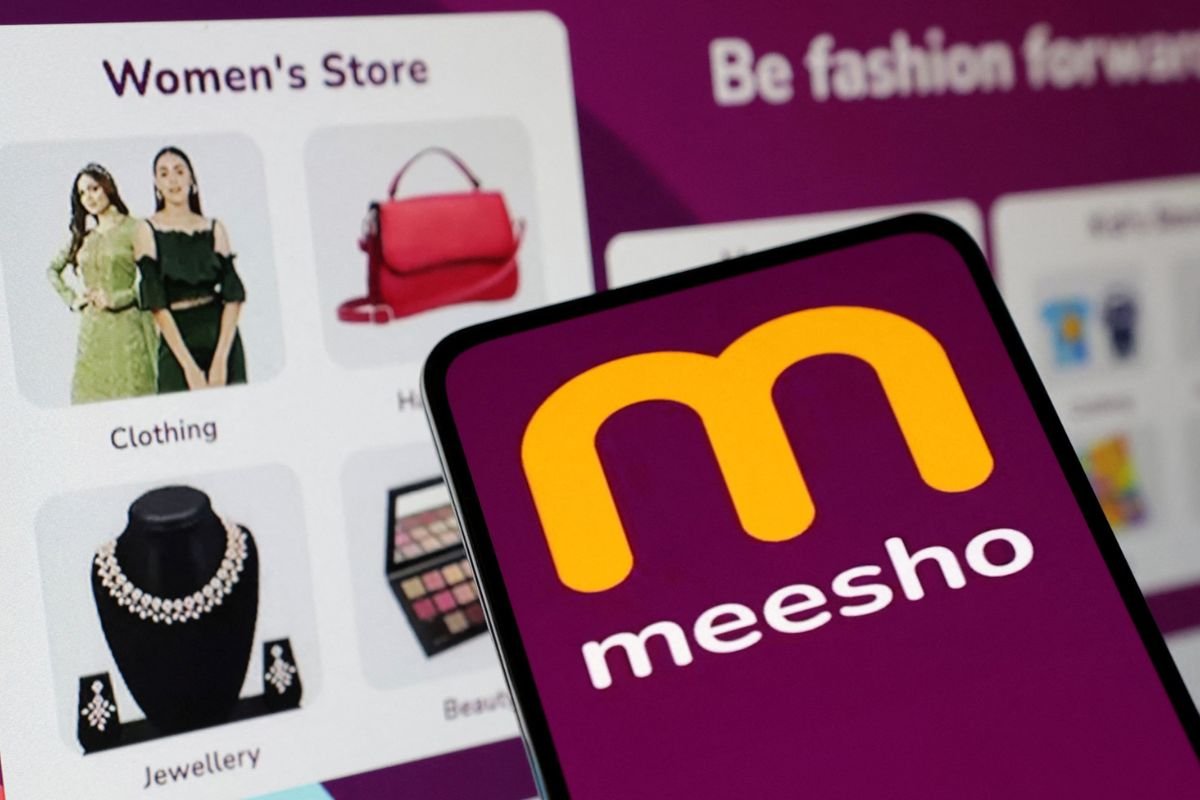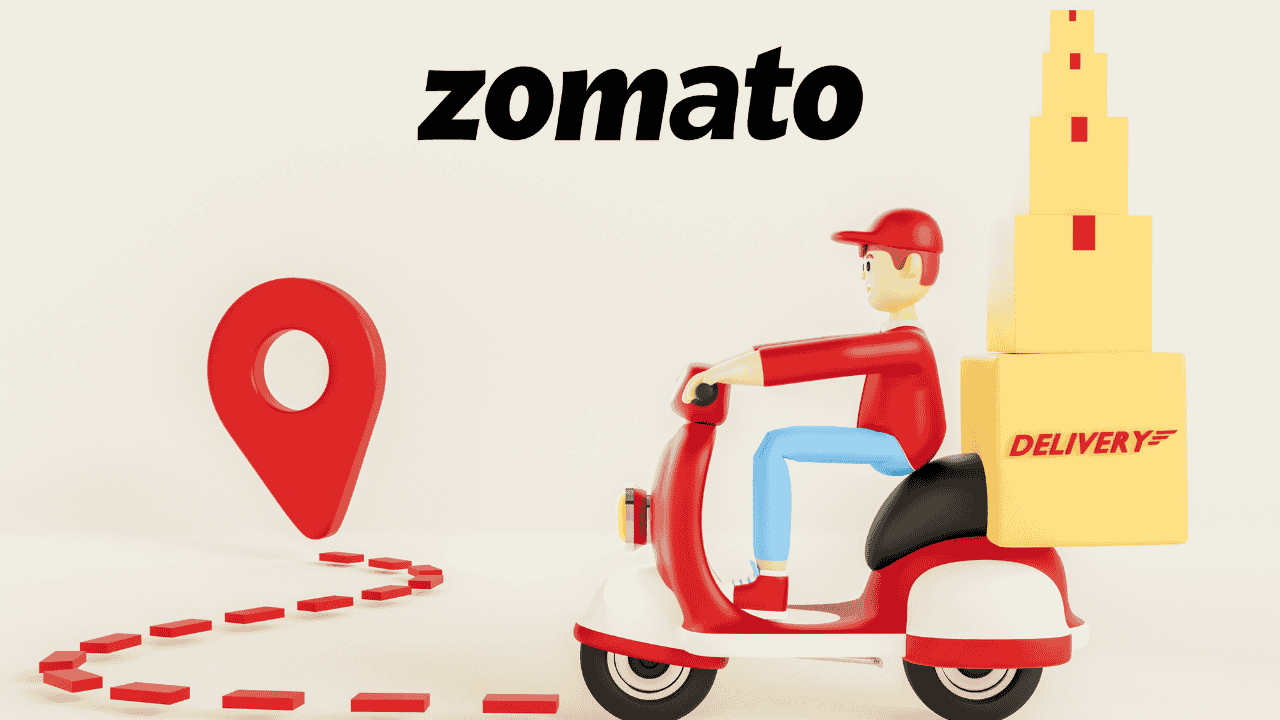In the competitive world of e-commerce dominated by giants like Amazon and Flipkart, Meesho’s emergence marks a significant shift in how India shops online. By combining social connectivity with innovative digital tools, the company has tapped into an overlooked segment: small-town entrepreneurs and first-time internet users. This approach, deeply rooted in India’s cultural and economic landscape, has propelled Meesho into the ranks of the nation’s most valuable startups.
Founded in 2015 by Vidit Aatrey and Sanjeev Barnwal, the company’s mission has been clear: democratize online commerce for small businesses. Through its zero-inventory model, it has empowered millions of individuals, primarily homemakers and women, to become successful online sellers. With over 500 million app downloads, the firm stands as a testament to the transformative power of its innovative, socially-driven business strategy.
This article delves into the firm’s groundbreaking journey, examining how it has redefined India’s retail ecosystem, empowered entrepreneurs, and set a new benchmark for e-commerce.
From Vision to Reality: The Genesis of Meesho
Founding Inspiration
Vidit Aatrey and Sanjeev Barnwal, IIT Delhi alumni, founded Meesho after observing a critical gap in India’s online marketplace. While platforms like Amazon catered to urban customers, small businesses and individual sellers were struggling to access digital commerce. The inspiration for Meesho—derived from “Meri Shop” (My Shop)—came from their interactions with local merchants in Bengaluru. Recognizing the potential of social networks like WhatsApp and Facebook as sales channels, they created a platform enabling entrepreneurs to establish digital storefronts with minimal investment.
Targeting resellers, particularly women and homemakers, the firm adopted a zero-inventory model, where sellers curate and sell products without worrying about logistics. This strategy not only resonated with India’s burgeoning internet users but also opened doors to entrepreneurship for many.
Navigating Early Challenges
Meesho’s early days were fraught with challenges. The concept of social commerce was relatively unknown in 2015, leading to skepticism from investors and businesses. Trust-building among small sellers, who were wary of online platforms, was another hurdle.
To address these issues, the firm introduced a user-friendly app and leveraged social media’s ubiquity. Despite initial financial and technological struggles, its founders remained steadfast, transforming the company’s vision into a scalable reality.
Key Statistics and Milestones
- Revenue Growth: Meesho’s operating revenue surged by 33% in FY24, reaching ₹7,615 crore. The company also narrowed its losses by 97%, highlighting its path to sustained profitability.
- User Engagement: Meesho has approximately 145 million annual transacting users, with 80% repeat customers. Its gross merchandise value (GMV) surpassed $5 billion, with apparel contributing nearly 50%.
- Reseller Network: The platform hosts over 17 million resellers, of which 15 million are women, making it a significant driver of female entrepreneurship in India.
- Tier 2 and 3 Cities Focus: About 80% of Meesho’s sellers are retail business owners from smaller cities, with its low-cost, unbranded product offerings tailored to these markets.
Redefining E-Commerce: Meesho’s Unique Business Model
The Social Commerce Edge
Social commerce, blending social media and e-commerce, is at the heart of the company’s success. Unlike traditional models, Meesho relies on interpersonal connections. Resellers—often homemakers and small entrepreneurs—use platforms like WhatsApp to promote products, creating a personalized shopping experience.
The firm’s emphasis on trust and relationships resonates deeply with Indian consumers, where word-of-mouth and social proof are critical. Its approach also lowers barriers to entry, enabling individuals across socio-economic strata to start businesses without logistical complexities.
Social Commerce Impact
- Market Potential: India’s social commerce market is expected to grow from $1.5–$2 billion today to nearly $70 billion by 2030, driven by platforms like Meesho.
- Competitive Edge: Meesho’s zero-commission model has significantly contributed to its competitive advantage, positioning it as the fastest-growing e-commerce platform in India, outpacing Flipkart and Amazon in certain segments.
A Model Built on Accessibility
The platform’s “zero inventory, zero logistics” framework has been a game-changer. Resellers focus on customer relationships while the company handles inventory storage, payment processing, and shipping. This inclusivity has empowered women, particularly in rural and semi-urban areas, to achieve financial independence.
Additionally, Meesho’s commission-free structure ensures resellers retain their earnings, attracting a vast network of sellers. This cost-effective and scalable model positions the firm as a leader in social commerce.
Scaling New Heights: Meesho’s Growth Trajectory
Strategic Investments
Early support from Sequoia Capital and SAIF Partners validated the company’s potential. By 2019, investors like Facebook and SoftBank had contributed over $1 billion, fueling Meesho’s technological and operational expansion.
Strategic Innovations
- Logistics Optimization: The launch of Meesho’s logistics arm, Valmo, has reduced shipping costs by 5%, with plans to further lower costs by an additional 5–10%.
- Expansion into Daily Needs: Meesho is rapidly diversifying its offerings, with categories like home goods, beauty, and baby essentials becoming its fastest-growing segments.
Diversification and Innovation
Starting with fashion and lifestyle products, Meesho now offers categories like electronics, groceries, and home goods, appealing to a broader audience. Its technological advancements, including AI-driven personalization and optimized logistics, ensure seamless user experiences.
Meesho’s Social Impact
Empowering Women
Meesho has revolutionized entrepreneurship for women, offering them opportunities to earn and grow without significant upfront investment. Success stories abound, showcasing how the platform has uplifted families and transformed lives in traditionally patriarchal societies.
Fostering an Entrepreneurial Ecosystem
Through training, mentorship, and grassroots campaigns, the firmhas built a supportive ecosystem for its sellers. Initiatives like “Meesho Sakhi” provide tools and knowledge, bridging digital divides and driving socio-economic development.
This data highlights the demographics of Meesho’s reseller network, focusing on gender and geographic distribution, aligning with its inclusivity-driven approach.
| Demographic | Percentage (%) |
| Women Sellers | 88% |
| Men Sellers | 12% |
| Tier 2 and 3 City Sellers | 80% |
| Tier 1 City Sellers | 20% |
Source: https://www.meesho.io/
Overcoming Challenges
Despite its success, the company faces competition from e-commerce giants and challenges related to trust and product quality. Through robust seller verification, return policies, and localized offerings, it continues to maintain its edge in a competitive market.
The Road Ahead
Meesho’s vision to democratize e-commerce drives its plans for deeper rural penetration and global expansion into emerging markets. Innovations in AI, augmented reality, and hyperlocal logistics will further enhance its offerings.
A Blueprint for Retail’s Future
The company’s journey underscores the power of inclusivity and innovation. By empowering micro-entrepreneurs and redefining retail, it has set a new standard for e-commerce in India. For business leaders and industry experts, the firm’s success offers valuable lessons: prioritize trust, leverage technology, and focus on building community-driven ecosystems.
The Meesho revolution is more than commerce—it’s a movement shaping the future of retail.






